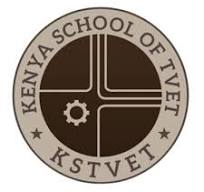Welcome to the School of Information Studies—where data, technology, and people come together. Our programs empower students to manage, analyze, and transform information in a rapidly evolving digital world, preparing them for impactful careers in information science, libraries, data management, and beyond.

Flexible and blended learning is a comprehensive course aimed at equipping you with the skills and competencies necessary to excel in online learning and instructional design concepts. The course covers various aspects of online education, including the development of online user support system, the creation of a Learning Management System (LMS), the design of online courses and instructional resources. Additionally, you will learn about the principles and methodologies behind designing ePortfolios for a more holistic approach to online education.
- Teacher: Daisy Chebet
- Teacher: Richard Yahuma

